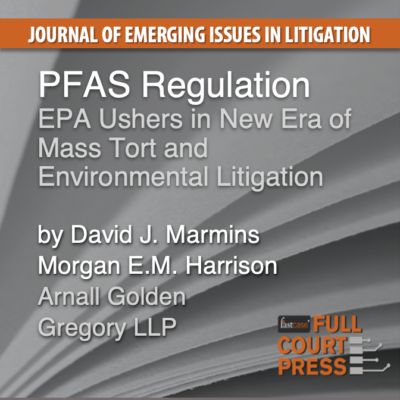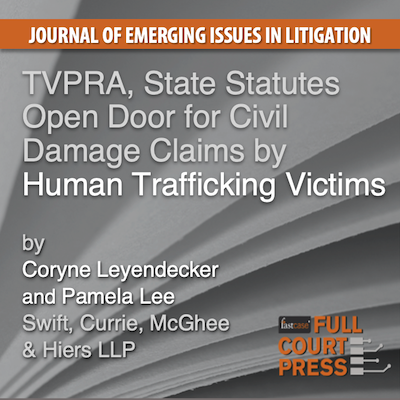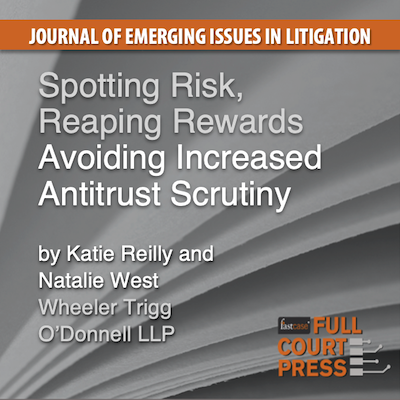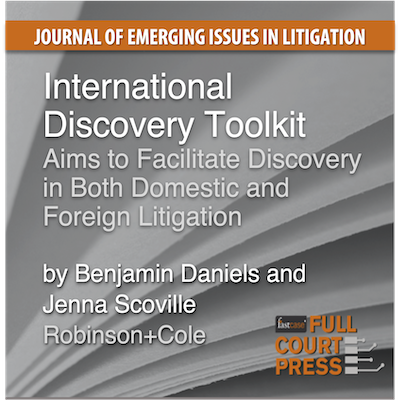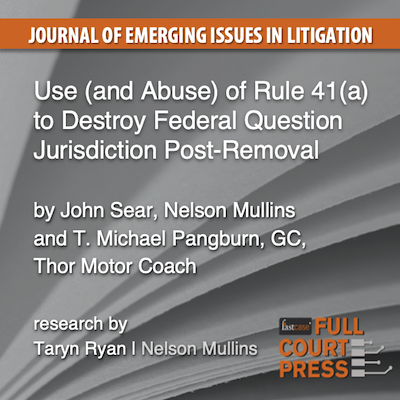Cracking the College Sports “Cartel”: Good for Athletes, Competition, and the Games by Joy Sidhwa and Tim LaComb
Momentum in the national debate over whether a college athlete should profit from licensing deals for their “names, images, and likenesses,” or NILs, swung in favor of players on June 21, 2021, when the Supreme Court ruled for the athletes in NCAA v. Alston. Authors Joy Sidhwa and Tim LaComb of MoginRubin, LLP discuss the impacts of the decision and subsequent court decisions and state legislation which have further cemented and defined the changing amateurism rules in college sports. As the authors note, "the ultimate test of whether amateurism drives demand will come after new state laws allow compensation unrelated to education. If compensation doesn’t trigger a drop in demand, the NCAA will lose its procompetitive justification for the restriction and likely bring an end to amateurism rules".







